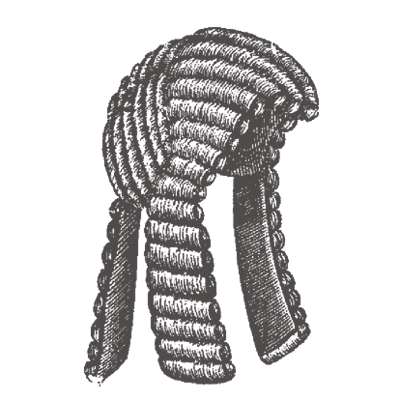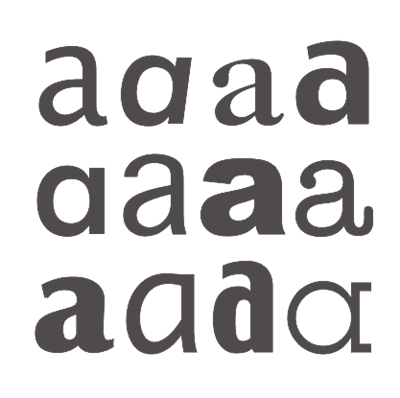Can a figurative trademark also be a position trademark?
Genuine commercial exploitation of a trademark can also be shown when a position trademark is used in combination with other graphic elements.

Damages for online copyright infringement
It is hard to assess the scale of copyright infringement when it occurs on the internet. Proving the amount of the injury is one of the challenges facing the copyright holder. Lump-sum damages can help. This issue was recently addressed by the Warsaw Court of Appeal—a good occasion to cover a few ground rules for how to proceed in cases of this type.

Repair clause in disputes over replacement parts
The new ruling by the Court of Justice on the “repair clause” gives more freedom to manufacturers of non-original replacement parts.

Intellectual property protection on the cosmetics and perfumes market
We devote today’s edition entirely to the cosmetics and perfumes industry, and to the intellectual property protection phenomena and processes specific to that industry.

Patents from Zduńska Wola in Hollywood?
The cosmetics industry remains one of those industries where the role of innovation cannot be overestimated. Patent law makes it possible to monopolize innovative solutions and ensure their unimpeded exploitation.

Can one have exclusive right to a scent?
The original, unique, scent is one of the most important features of luxury perfumes and its composition is usually a closely guarded secret. Paradoxically, however, granting legal protection to a scent is extremely difficult. Indeed, this issue has not been resolved in the decisions of the Polish Patent Office or Polish common courts.

From the drugstore to the courtroom – what are the main reasons behind disputes between cosmetic and perfume companies in Poland
On the Polish market of cosmetics and perfumes we will find both global producers and Polish brands. The latter are getting better and better. The cosmetics market in Poland doesn’t stop to grow. That growth has been particularly dynamic in recent years. Competition is also intensifying. It can lead to an increase in the number of court litigation cases related to intellectual property rights. Below we indicate what in our experience has been the most common subject of disputes among industry players.

Prohibition of online sales of luxury products?
Can an authorized retailer be prohibited from selling online or on a third-party online platform?

A counterfeit with a typo – is it really a counterfeit?
In order to bring the perpetrator to criminal liability for trade in counterfeits, it is first necessary to determine whether the traded goods are counterfeited, i.e. whether they bear a counterfeit trademark. Can we speak about a counterfeit trademark only if it is identical to a registered trademark? Well, no. A counterfeit trademark may also be a mark slightly different from the registered one, i.e. a mark that is confusingly similar.

The Patent Office also recognizes the specifics of the cosmetics market
The cosmetics market is growing and with it the number of different trademarks reported for this type of products. Therefore, conflicts between trademark registrations are inevitable. Their assessment is essentially the result of an assessment of the similarity of the compared goods and the similarity of the compared trademarks.

Coordination of commercial policy and exhaustion of trademark rights
The advocate general at the Court of Justice has issued his opinion on parallel Schweppes trademarks functioning in different EEA countries and registered for separate proprietors.

Multimedia trademarks open up entirely new possibilities
Changes to the EU’s trademark regulations entered into force on 1 October 2017, recognising for the first time multimedia marks combining image and sound. They may consist for example of animations launched in mobile devices or apps, jingles from film studios, brief video clips, and so on.
